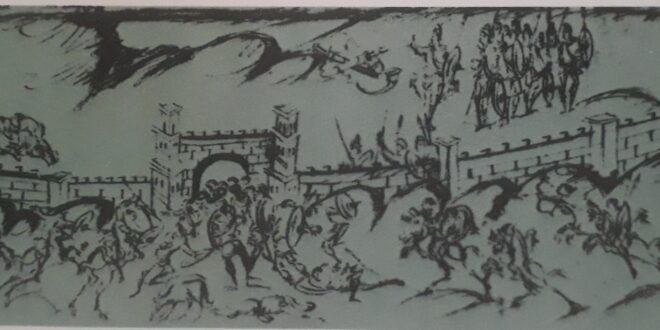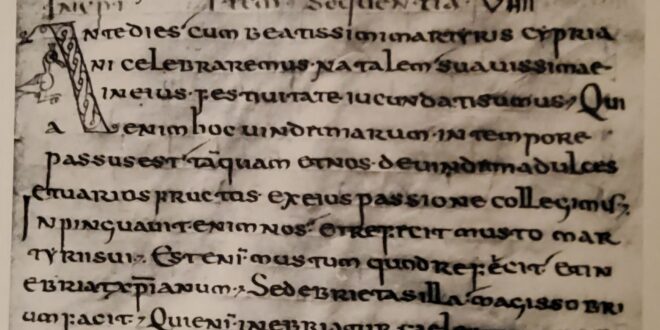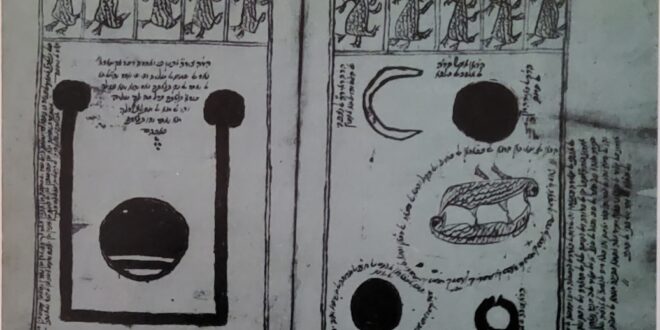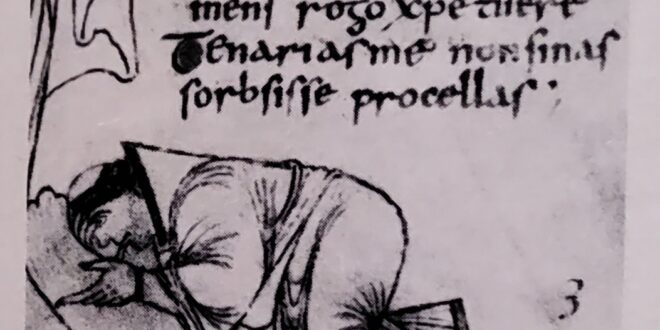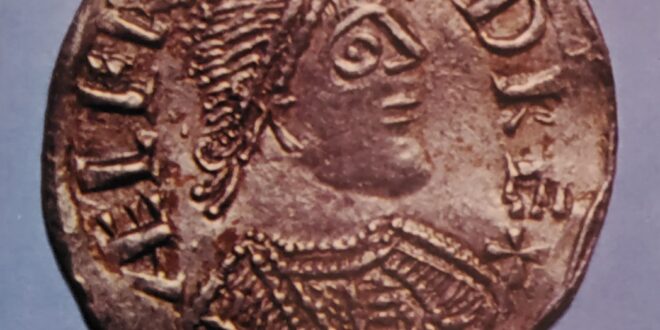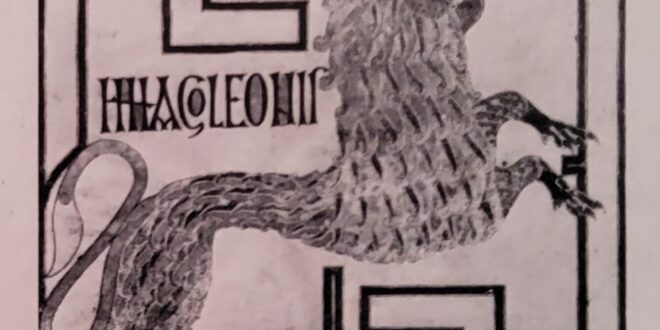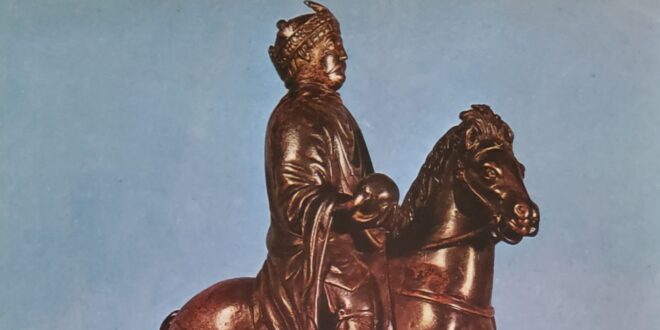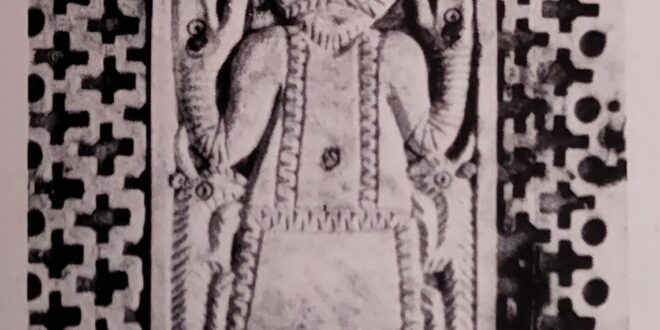The birth of Hungary The battle of the Lechfeld, which was so important to Western Europe, had an equally profound influence on events in Central and Eastern Europe. The almost total annihilation of their army compelled the Magyars to settle in their new home on the Hungarian plains and within sixty years they had embraced Christianity. Under King Stephen I (997-1038) , who was later canonized, they accepted Christianity from Rome, a process that had been began by Stephen’s father, Duke Geza. The new king accepted not only religion but also his royal title and crown from Pope Sylvester II. Although he had to face opposition from some of his pagan nobility, he was able to push through his religious programs and also to lay the basis of a royal administration closely modelled on that of the German empire. During the eleventh century the new kingdom, halted in its westward advance, also lost part of its territory in the southeast to the nomadic Patzinaks. This loss was balanced for a time by the Hungarian conquest, which gave the new state an important seacoast on the Adriatic. Thus in the early eleventh century, the main contours of medieval Europe had emerged and the political position of the German emperors seemed assured. Sung Dynasty, China The empire of Otto and his Saxon successors was roughly contemporary with a renewed period of grandeur and prosperity in the world’s largest empire, China. We have seen how in the late ninth century the glories of the Wang dynasty were subject to internal divisions and attacks over the frontiers by Asian barbarians. After the deposition of the last T’ang emperor in 907, there followed the fifty-year period generally known as the age of the Five Dynasties. The largest single territory was that in the north, which …
Read More »